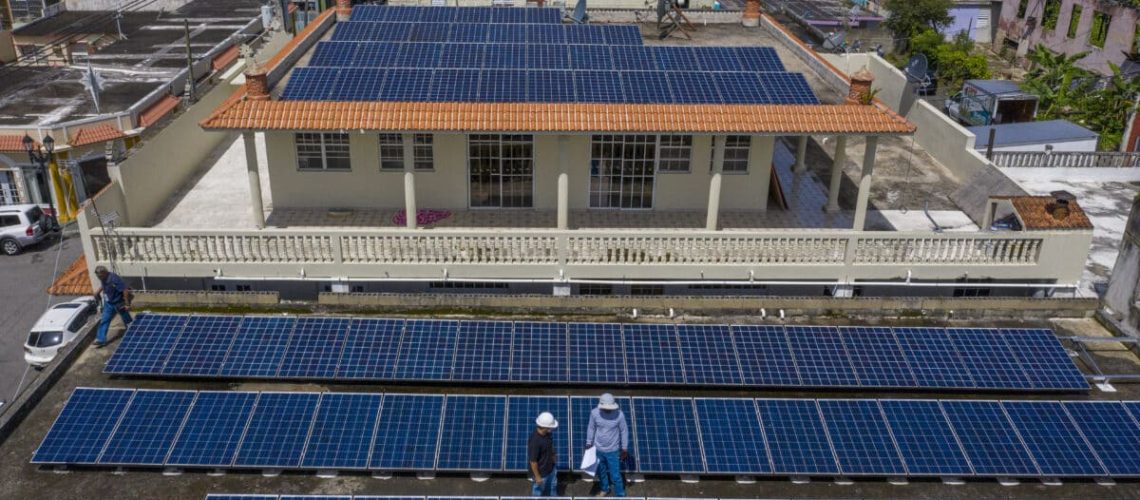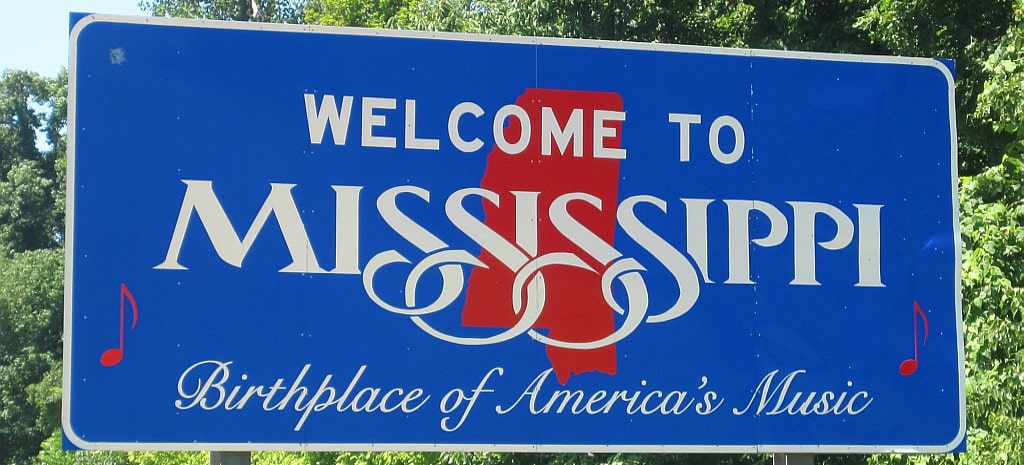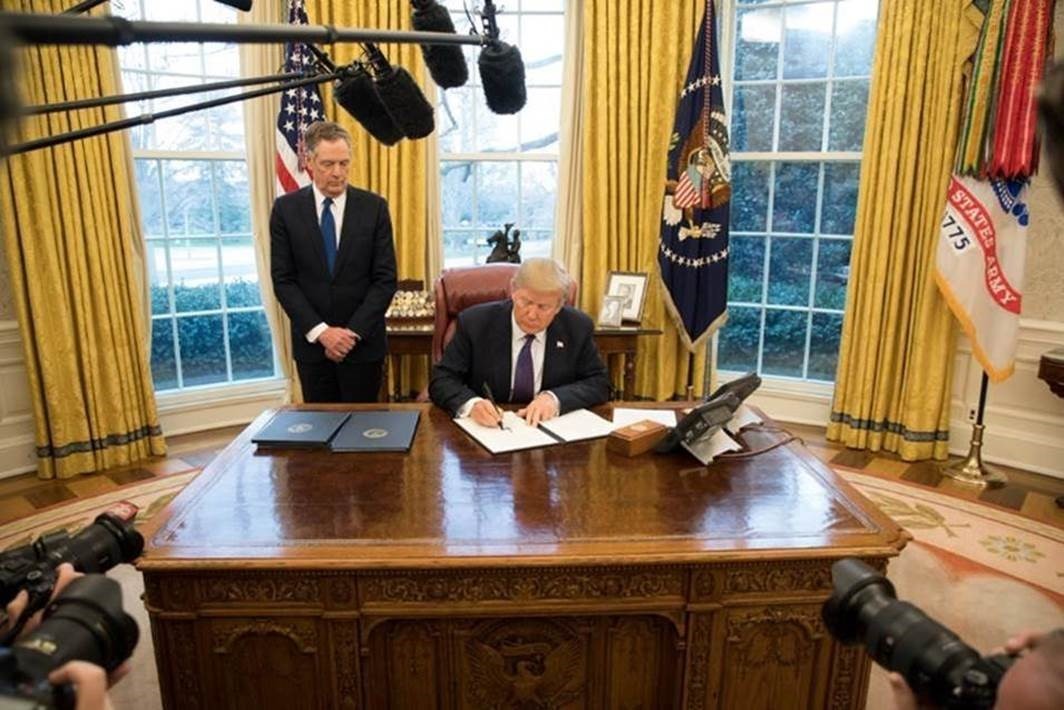To protect Puerto Rico’s solar net metering law, the Solar and Energy Storage Association of Puerto Rico has called on the White House to replace six members on a federal oversight board that has challenged the law, including five whose terms have expired, said SESA-PR President PJ Wilson on a webinar.
Counseling another approach, former president of the Puerto Rico Senate Eduardo Bhatia said on the webinar that the federal oversight board, in its April letter to the Puerto Rico government challenging net metering, included one sentence saying that “we could amend the law.” Bhatia said “we have to sit down with the oversight board” to “see what could be amended in the law.” He expressed hope that “we can all work together.”
Bhatia noted that the board—formally the Financial Oversight and Management Board (FOMB) for Puerto Rico—has the authority to challenge a Puerto Rico law in court and request that the law be repealed.
Wilson said “we are calling upon President Biden” to appoint six new members to the seven-member FOMB “who are supportive of Puerto Rico, supportive of solar power and supportive of dissolving the board as soon as possible.”
Wilson said that five FOMB members continue to serve after their terms expired last December, as shown below, while one seat is vacant and one member just began serving in January.
Benefits
Wilson recapped points he made in an April webinar on the value of net metering in Puerto Rico, noting an independent report projecting that Puerto Rico’s distributed generation would increase 18% per year with continued net metering, and a study finding that the value of net metering to Puerto Rico’s grid exceeds the retail rate paid for net metered energy of $0.24/kWh.
Wilson added that the National Renewable Energy Laboratory’s “PR 100” study shows that rooftop solar adoption would not start to drive rates up until after 2030, and said that under Puerto Rico’s net metering law, net metering may be “revisited” in 2030.
Bhatia said the FOMB “indeed has a responsibility to look at the finances of Puerto Rico.” But he said net metering is saving money for the people of Puerto Rico, and that the 800 MW of solar installed due to net metering is reducing the number of blackouts in Puerto Rico. As Puerto Rico’s coal units “constantly” break down, he added, rooftop solar is allowing for repairs to take place. “And finally, there is the dramatic reduction in the purchase of fossil fuels” for generation.
Missing 450 MW
Wilson said that the current FOMB “is not supportive of solar.” He said that in 2021, the FOMB “issued a letter very similar” to its letter last month, “announcing the cancellation of 450 MW of utility-scale solar,” after “years of negotiation” among multiple utility-scale developers, the Puerto Rico utility, and the territory’s energy regulator. The projects had received approval from the energy regulator “but the oversight board stepped in to squash it,” Wilson said. “We still don’t know why; there’s still no published analysis. They just said ‘that’s too expensive.’”
Had the FOMB not “killed” those solar projects, Wilson said “we probably would have that 450 MW of solar built today, and instead of being at 12% renewables we’d be at 17%.” Puerto Rico has a legislated goal of 40% renewables by 2025.
As a result of that FOMB action, Wilson said, “all those developers—some were local Puerto Rico developers, some were international developers—all of them deemed Puerto Rico to be a very high-risk market, and a lot of them left the market.”
Deadlines and responses
Puerto Rico Governor Pedro Pierluisi has asked the FOMB for more time to respond to both FOMB’s April 10 letter and a second letter that FOMB sent on May 2 calling for repeal of the net metering law, Wilson said. Both letters set deadlines for government action.
The Puerto Rico Energy Bureau has also responded to the FOMB’s April 10 letter, which said that the energy bureau had not yet determined whether to make changes to the net metering law, as required by the FOMB-certified fiscal plan for the Puerto Rico legacy utility PREPA. Wilson said the energy bureau responded that it is continuing to conduct that study, and that, in Wilson’s words, the energy bureau’s understanding was that Puerto Rico’s net metering law “doesn’t prevent them from doing the study, but only prevents them from having any consequences as a result of doing the study until 2030.”





